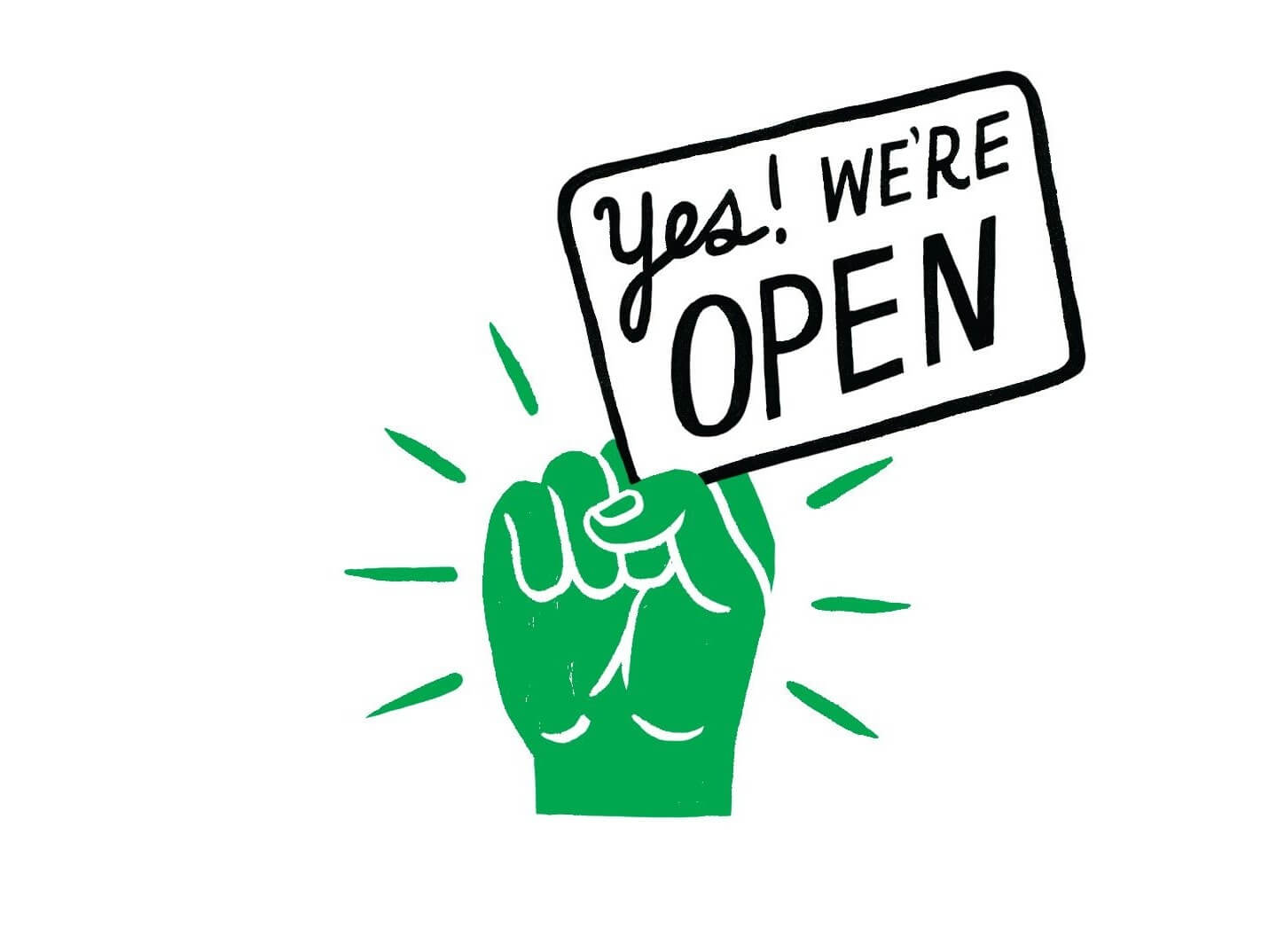A recent survey says 84% of Canadian workers have experienced burnout during the pandemic, with 34% reporting high or extreme levels of stress. The Ceridian poll finds that 21% are looking for new jobs. In the U.S., a record-breaking 38 million quit their jobs in the Great Resignation, a.k.a the Big Quit, of 2021.
Hard-pressed bosses who had trouble recruiting talent before the COVID-19 pandemic are now scrambling to cut turnover, reduce employee stress and make their businesses magnets for talent.
Fortunately, there’s one solution to all three problems: converting your company to employee ownership. In an era when business success depends on having caring, creative employees, there’s no team like a group of peers who trust each other, set objectives together – and share the rewards.
In the U.S. and the U.K., enthusiasm for employee ownership is well established. In Canada, which has no special legal mechanisms to promote employee ownership, support is mainly theoretical. A survey last spring by the Canadian Federation of Independent Business found that 59% of business owners favour introducing policies similar to those in the U.S. and U.K., and 53% said they’d be more likely to sell shares to their employees if such policies are introduced.
The U.K. began prioritizing employee share ownership plans following a 2012 report, by the Yorkshire-based Employee Ownership Association, that said modern British business just wasn’t working: “Excessive profit-chasing, failures of accountability, low levels of employee engagement have damaged many British businesses, and undermine their capacity to deliver value to customers and high quality jobs.” By contrast, employee-owned firms emphasize quality of life, accountability and transparency.
Now employee ownership is growing fast. The White Rose Centre for Employee Ownership says the number of U.K. firms with employee ownership plans jumped 30%, to 730, between June 2020 and June 2021. With the pandemic pressuring businesses to become more innovative and resilient, experts expect another record year in fiscal 2022.
If you have employees who feel safe, honoured and respected, they’re going to give their best.
-Barbara Fagan-Smith of ROI Communication Inc.
The U.S. has long supported employee ownership through legislation that allows business owners to transfer shares to their employees, and be compensated over time through the earnings of the company. About 6,300 U.S. companies now have employee-ownership plans; 260 new firms make the transition every year. Surprisingly, the total number of companies with employee stock ownership plans (ESOPs) has declined in recent years. But one observer tells Corporate Knights that’s because employee-owned firms have become popular targets for other companies trying to grow through acquisitions.
Toronto-based Social Capital Partners is heading a campaign to convince Ottawa that Canada needs more employee-ownership mechanisms, but change could take years. In the meantime, one San Francisco entrepreneur says business owners should do all they can to put their employees in charge. Barbara Fagan-Smith of ROI Communication Inc., which advises corporate clients on internal communications, says she founded her consultancy 20 years ago with an employee-first culture. “If you have employees who feel safe, honoured and respected, they’re going to give their best,” she says. She says converting to ESOP status last summer had immediate impact. As employees began thinking like owners, they took more interest in the business and identified more with its goals. They worked more confidently, collaborated more smoothly and started engaging with strategies and financial statements.
Ownership mythology says an ESOP’s first year can be a big growth year, and Fagan-Smith confirms that’s been the case at ROI, which recorded three of its best months ever in 2021 and hired 15 new people.
While business owners get paid over time for the shares they give up, Fagan-Smith says she could have made more money selling ROI to one of several consulting firms that offered to acquire it. She turned them all down, knowing no buyer could preserve ROI’s special culture.
Fagan-Smith says she’ll net less from the ESOP, but she takes more joy in knowing the organization she built will survive intact. And she’ll be there, too, working alongside her colleagues as one of 200 employee-owners.







